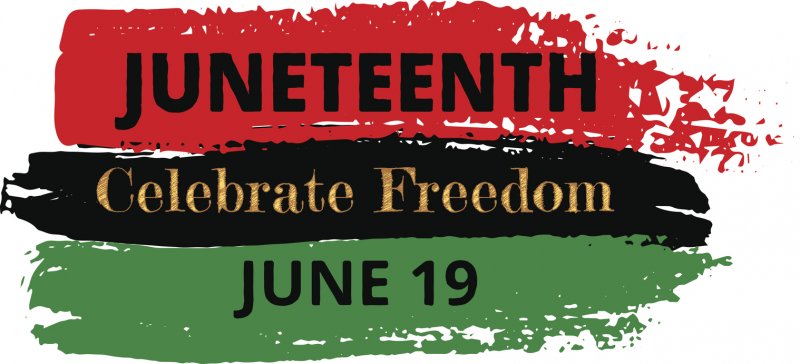Abstract
An outlier incident has crushed the economy, hurled masses into unemployment, closed schools, and forced isolation. The global pandemic has generated a health crisis tsunami of suffering, anxiety, depression, and addiction, which is why our inner and outer healing must be a priority for overall health and well-being. Authors Edwards and Jackson view inner and outer health as the wholeness required to adapt to an ever-changing environment. They explain the differences and connections between inner and outer health, as well as the importance of altering one’s environment to secure the essence of inner peace and be an extension of one’s own perceptual systems when their own are compromised. Spoken from lived experience and research, Drs. Edwards and Jackson describe the impact to a person’s well-being when inner and outer health are not in harmony and discuss the fortitude that it takes to focus on one’s own healing – not the healing solutions chosen by someone else. Focusing and committing to inner and outer healing positively can affect one’s personal and professional lives and the communities around them if prioritized.
Continue reading Making Healing a Priority – by Drs. Temika Edwards and Cynthia R. Jackson







